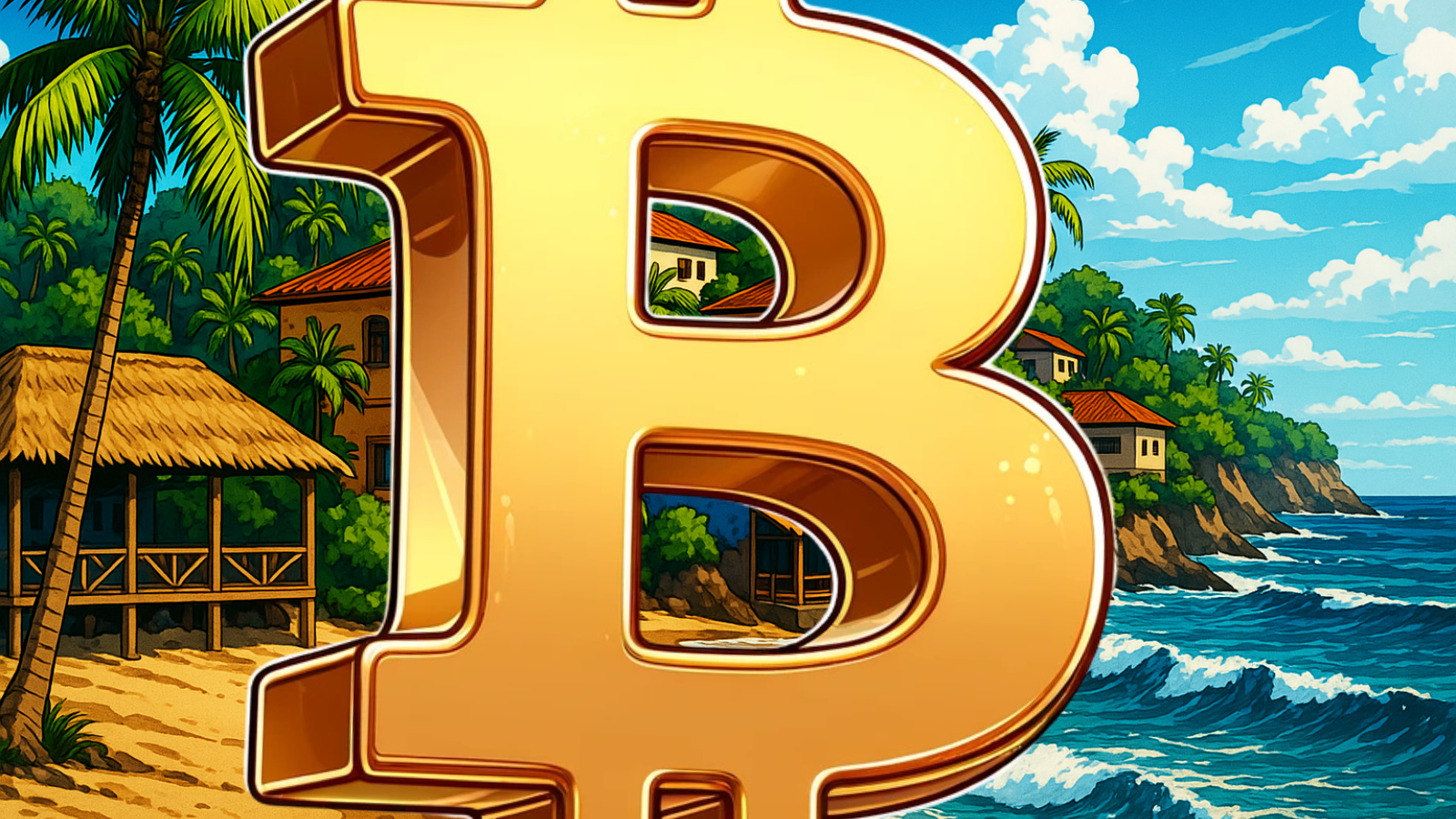El Salvador Celebrates 4 Years of Bitcoin Adoption
Four years later El Salvador reflects on Bitcoin journey with mixed results

El Salvador is marking the fourth anniversary of its historic decision to adopt Bitcoin as legal tender, but the results remain controversial. The country’s Bitcoin Office celebrated “Bitcoin Day” this week, highlighting its national Bitcoin reserve of 6,313 BTC, now worth more than $702 million. Officials also pointed to a new law permitting Bitcoin investment banks for sophisticated investors and reported that 80,000 public servants have completed Bitcoin certification programs. The government also touted its public education initiatives in Bitcoin and artificial intelligence.
Despite these achievements, El Salvador’s Bitcoin experiment has faced setbacks. In January, the government repealed the original Bitcoin legal tender law and pledged not to make further Bitcoin purchases as part of a $1.4 billion loan deal with the International Monetary Fund (IMF). The IMF later confirmed in a July report that the country has not acquired additional Bitcoin since December 2024, sparking concern across the crypto community. The deal also required the government to scale back its support for the Chivo Bitcoin wallet, which had struggled to gain traction among citizens.
Critics argue that El Salvador’s Bitcoin policies have mainly benefited the government while providing little value to ordinary people. NGOs and Bitcoin advocates stress that while the country broke ground as the first nation to embrace Bitcoin, meaningful grassroots adoption is still lacking. Many call for deeper education efforts to help residents understand and use Bitcoin in daily life.
Four years on, El Salvador’s Bitcoin journey stands as both a pioneering milestone and a cautionary tale. The country remains celebrated by some as a bold innovator, while others see its experiment as a warning about the risks of mixing national finance with crypto on a large scale.


